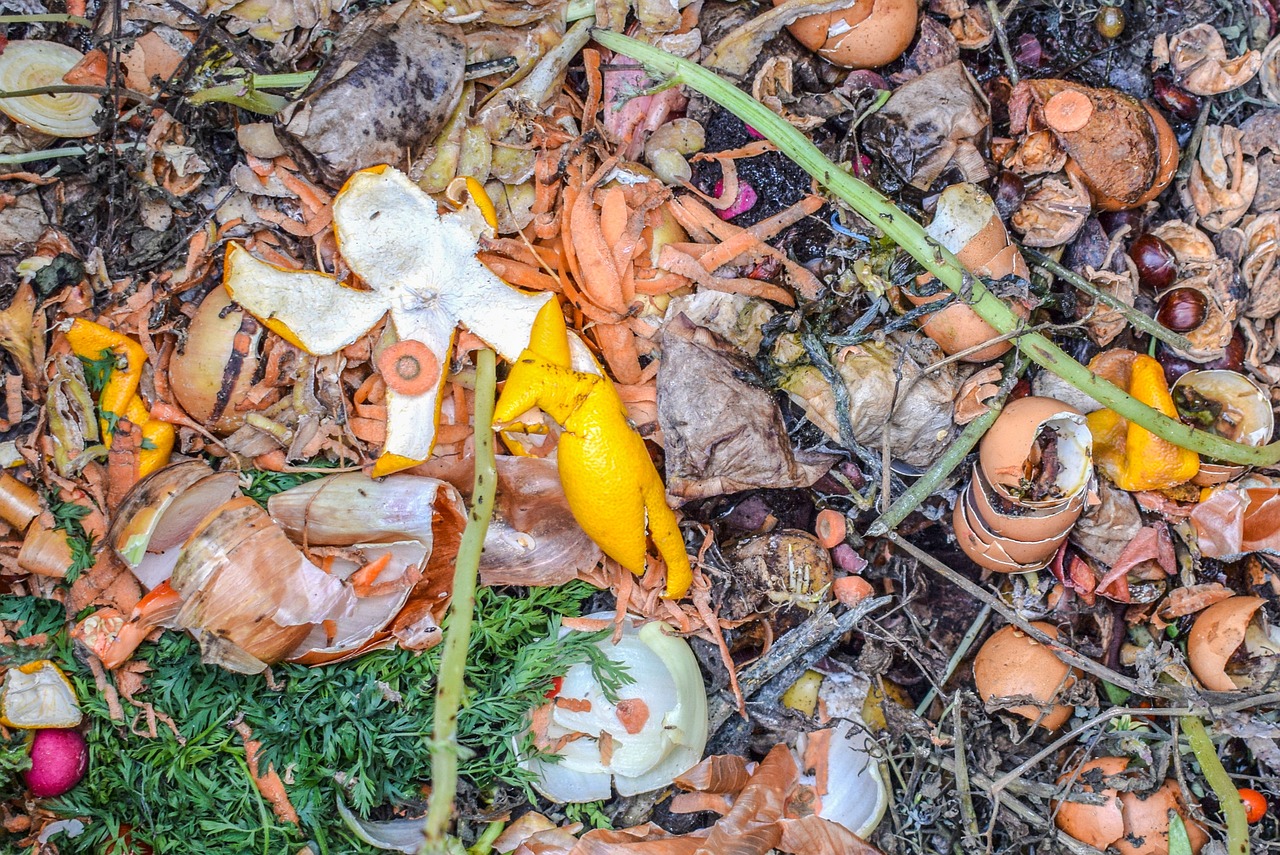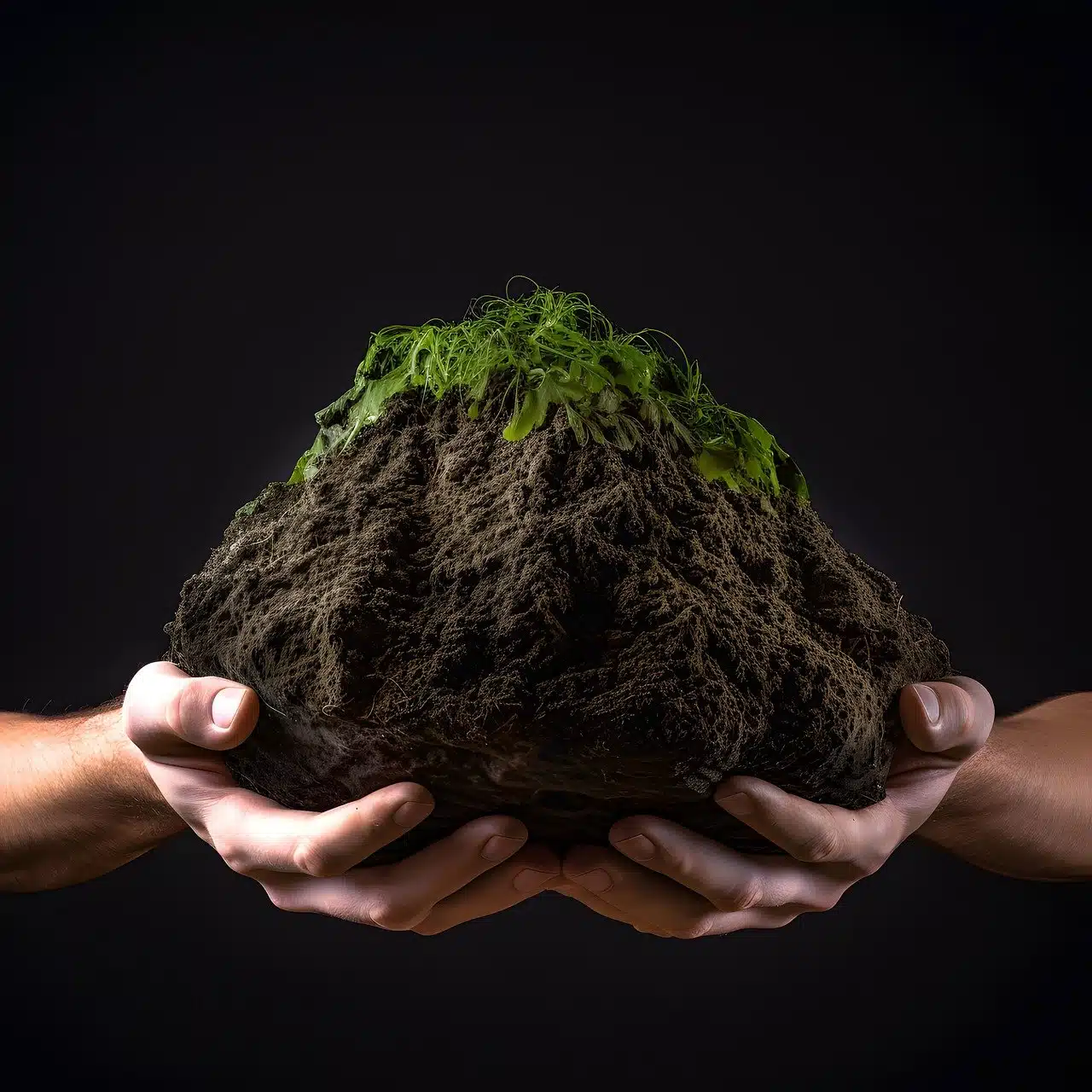
Organic matter is formed with residues of plant or animal origin.
Organic matter is formed from waste of animal or plant origin . These are substances that are usually distributed throughout the soil and that help its fertility . In fact, for a soil to be suitable for agricultural production, it must have a good level of organic matter; Otherwise, the plants would not be able to grow.
Various microorganisms are responsible for decomposing raw organic matter and converting it into humus . A soil with the presence of humus does not lose nutrients , has a high water retention capacity and contributes to improving biological, chemical and physical conditions.
Organic matter and waste
It is interesting to mention that organic matter is one of the most abundant components of household waste . Food scraps, fruit peels, leaves collected from the garden and dirty diapers, for example, are composed of organic matter.
One way to take advantage of this waste is to reserve the organic matter to fertilize home plants. Of course, for this purpose, it is essential that there is no type of contamination.
A type of compound
Organic compounds (also known as organic molecules ) are, on the other hand, groups formed by a series of chemical substances where the presence of carbon and, in some cases, oxygen , nitrogen and phosphorus , to name some of the possible elements, is noted. .
These organic compounds can be divided into two large types: natural organic molecules (where living beings are responsible for carrying out the synthesis process) and artificial ones (where those substances that have been manufactured by man are grouped, such as plastic).
Generally, the difference between organic and inorganic compounds is given by the presence of carbon with hydrogen bonds in the first group.

Organic matter is essential for soil to be used for cultivation.
Organic farms and recycling of organic matter
The rise of organic farms in recent years has helped spread the importance of recycling organic matter and using it in crops. In most establishments where food is produced in a climate of respect for the environment , the remains of waste from living beings are used to make compost , which will later serve to reinforce the characteristics of the land.
It is necessary to keep in mind that this type of use can not only occur in large establishments, but also in private homes. The steps to follow to handle waste from organic matter are:
- Accumulate the remains of products derived from living beings in a space clean of other impurities such as plastics, glass or inorganic matter of any type. It is important not to mix food scraps with fat or oil and meat scraps, because they take a long time to decompose.
- Use a bucket with a lid , which has a minimum capacity of 1m3, and place it in an area of the garden where it will receive sun and shade throughout the day.
- Place a layer of soil or sawdust about 6cm at the bottom of the bucket:
- Spread the organic waste , cover it with a layer of soil and water it a little (it is necessary that humidity is always maintained). Then, sprinkle the inside with lime to prevent bad odors and cover the bucket again.
- Each time new waste is dumped, the interior should be stirred with a rod, so that all materials are ventilated.
After a while, starting approximately a month, the waste will no longer be individually distinguishable, except for those that have been deposited recently. The result is what is known as compost and is considered an extremely rich fertilizer for the earth; with a wide variety of microorganisms that are responsible for synthesizing enzymes, vitamins and hormones and that contribute significantly to the biotic balance of the earth.
If most of us composted the organic matter from our garbage , pollution could be considerably reduced , since the organic remains deposited in landfills, when heated by the sun , eliminate methane gas (CO2), one of the most harmful components for global warming.
